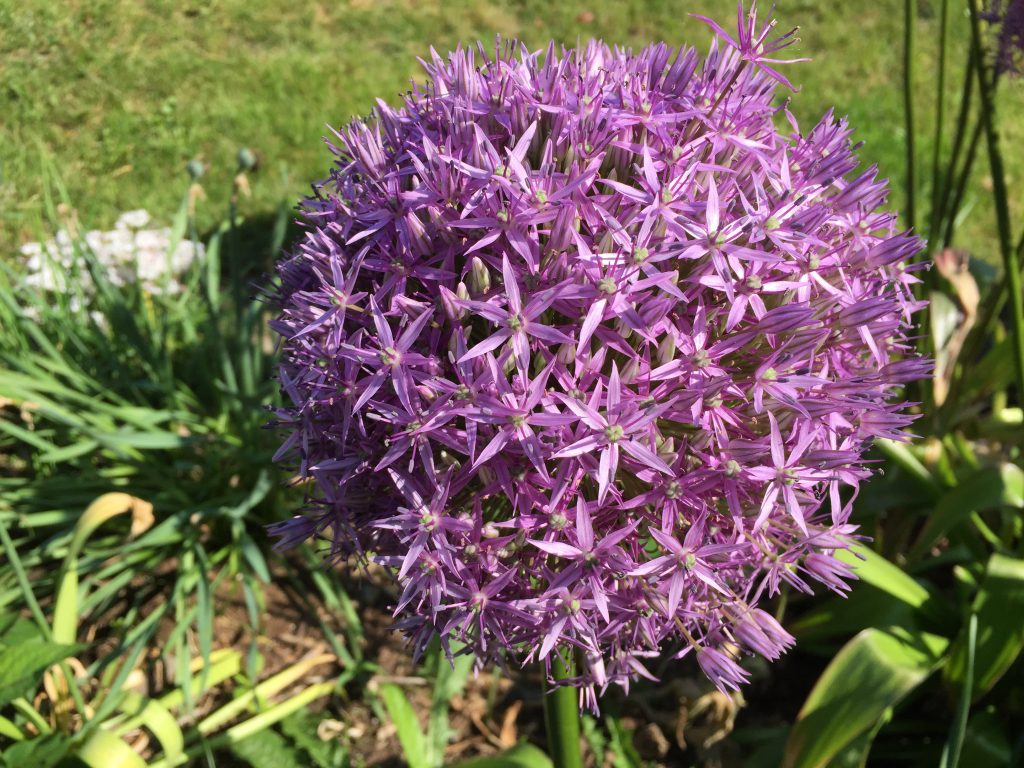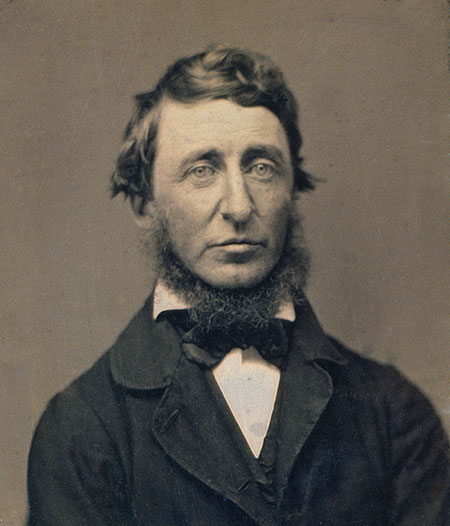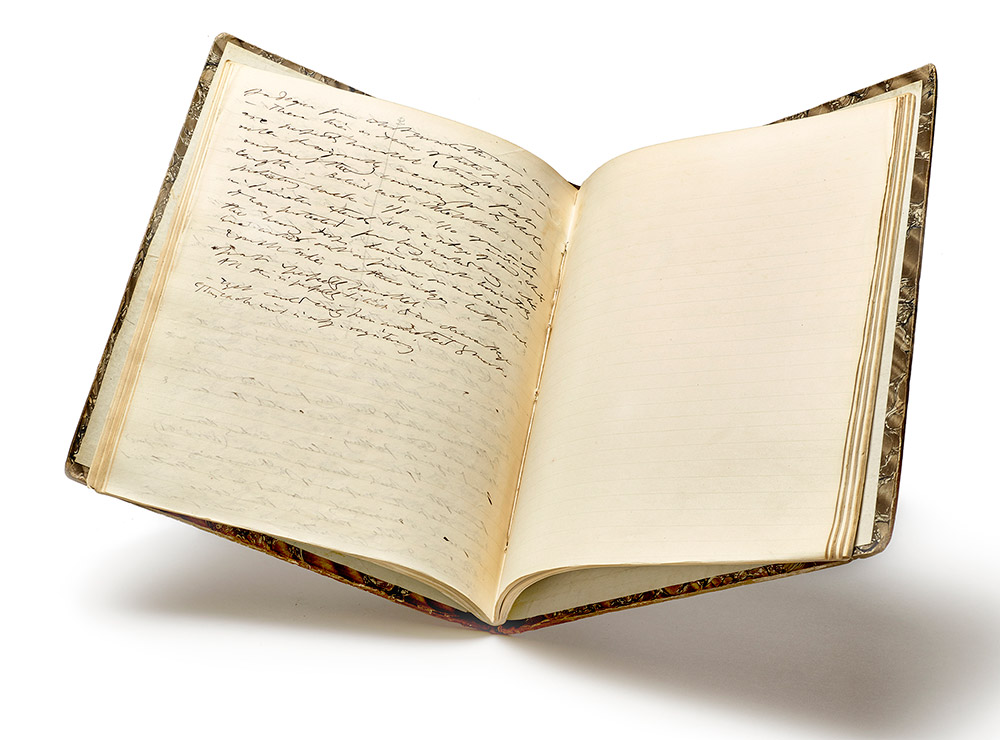Mark C. Long. Upstream: Selected Essays. By Mary Oliver. New York: Penguin, 2016. Cloth. $26.00 and Felicity. By Mary Oliver. New York: Penguin, 2016. 81 pp. Cloth. $24.95. Published in ISLE: Interdisciplinary Studies in Literature and Environment (2017)
A child went forth in Mary Oliver’s new book of essays, Upstream. The child was alone in the woods. She was wandering upstream, away from difficulties, the “sorrow and mischance and rage” (14) around her that she felt deeply but was powerless to change. One day the little girl walked the wrong way, and was lost, but was “slopping along happily in the stream’s coolness. So maybe it was the right way after all,” Oliver surmises. “If this was lost, let us all be lost always. The beech leaves were just slipping their copper coats; pale green and quivering they arrived into the year. My heart opened, and opened again” (5). And, as this child went forth, her heart opened, and opened again, in the world of books. She read by day and into the night. She built bookshelves. She thought “about perfectibility, and deism, and adjectives, and clouds, and the foxes” (15). And she took solace in friendship among writers. “I never met any of my friends, of course, in a usual way—they were strangers, and lived only in their writings,” she admits. “But if they were only shadow-companions, still they were constant, and powerful, and amazing” (9), Oliver writes, in the essay, “My Friend Walt Whitman.” These writers, she admits, “changed the world” (9).
From these childhood experiences is fashioned a lesson to share, “that the world’s otherness is antidote to confusion, that standing within this otherness—the beauty and the mystery of the world, out in the fields or deep inside books—can re-dignify the worst-stung heart” (14-15). Drawing on the earlier collections Blue Pastures, Winter Hours, and Long Life, Oliver gathers essays on some of the writers who made a difference. She recalls the moral purpose of Emerson, who refused to turn away from the world; Wordsworth’s praise of both the beauty and the strangeness of the world; Poe’s rushing forward with the “wild courage of despair”; and Whitman’s unshakeable, egalitarian belief in an “existence in which man’s inner light is neither rare nor elite, but godly and common, and acknowledged” (100). For Oliver, the books of these authors are alive with extravagance and possibility, “the opinions, the rhapsodic persuasions, the engrafted logics, the clues that are to the mind of the reader the possible keys to his own self–quarrels, his own predicament” (68-69).
 The poems collected in Felicity are songs of extravagance and possibility— and their opinions and persuasions have designs on the reader. The title of the first section, “The Journey,” and the epigraph from Rumi, “You broke the cage and flew,” suggest what will follow. In “The World I Live In,” Oliver writes, “I have refused to live / locked in the orderly house of / reasons and proofs. / The world I live in and believe in / is wider than that” (11). In “Leaves and Blossoms along the Way,” Oliver challenges her readers to live and believe in this wider world. “To understand many things you must reach out / of your own condition,” she insists (18). And in the final line of “Whistling Swans” Oliver explains to her readers her hope that in reaching out a person can become open to a world of possibilities beyond the self: “So listen to them and watch them, singing as they fly. / Take from it what you can” (29). These poems, like so many Oliver has shared with her readers over the years, offer invitations, or opportunities, to reach beyond the self, wherever one might happen to be.
The poems collected in Felicity are songs of extravagance and possibility— and their opinions and persuasions have designs on the reader. The title of the first section, “The Journey,” and the epigraph from Rumi, “You broke the cage and flew,” suggest what will follow. In “The World I Live In,” Oliver writes, “I have refused to live / locked in the orderly house of / reasons and proofs. / The world I live in and believe in / is wider than that” (11). In “Leaves and Blossoms along the Way,” Oliver challenges her readers to live and believe in this wider world. “To understand many things you must reach out / of your own condition,” she insists (18). And in the final line of “Whistling Swans” Oliver explains to her readers her hope that in reaching out a person can become open to a world of possibilities beyond the self: “So listen to them and watch them, singing as they fly. / Take from it what you can” (29). These poems, like so many Oliver has shared with her readers over the years, offer invitations, or opportunities, to reach beyond the self, wherever one might happen to be.
The sequence of lyric poems in the second section of Felicity traces the “invisible / and powerful and uncontrollable /and beautiful and possibly even /unsuitable” experiences we call love. This section, entitled “Love,” opens with an epigraph from Rumi. “Someone who does not run / toward the allure of love / walks a road where nothing lives” (41). In the poem “The First Day,” Oliver recalls the “warm sting of possibility,” the opening of the heart, “the spreading warmth of joy” (45). In “No, I’d Never Been to This Country,” she acknowledges the risk and embraces the commitment we undertake in loving another person: “I didn’t know where the roads / would lead me. No, I didn’t intend to turn back” (49). A group of short poems celebrates a life moving along its journey and the discovery, in its unfolding, of abiding happiness. “Everything that was broken has / forgotten its brokenness,” she explains (61). And “Pond,” a sunny-summer-August-day poem, concludes with the lines, “All my life I have been able to feel this happiness, / except whatever was not happiness, / which I also remember. / Each of us wears a shadow” (67). The poems at once acknowledge the weight of our inescapable shadows, our “self-quarrels and predicaments,” and the beautiful and mysterious ways love enters into, and shapes, our lives.
Like much of Oliver’s work, Upstream and Felicity explore the challenges and opportunities we face amidst transformation and change. In the essay of gratitude that concludes Upstream, “Provincetown,” Oliver celebrates the “perfect sufficiency,” the sweetness and simplicity of the place she would call home for fifty years. At the same time, she describes “the terrible change,” the “slow but harsh” transformation of her beloved home. “The tourist business was in,” she adds, and the town “became a place to live for a while, and to spend money. Not so much in which to live a life” (174). What Oliver makes of these changes is neither bitter nor sentimental. “This town had to find another way to live,” she decides. “It was just, well, different” (175).
And so it goes—I guess. The world changes. You change. You make your way the best you can. You use the resources you have. What I can say, with more confidence, is that one of those resources, as these books once again remind us, is the writing of Mary Oliver.
Advance Access publication March 31, 2017doi:10.1093/isle/isx017 VC The Author(s) 2017. Published by Oxford University Press on behalf of the Association for the Study of Literature and Environment. All rights reserved. For Permissions, please email: journals.permissions@oup.com.









